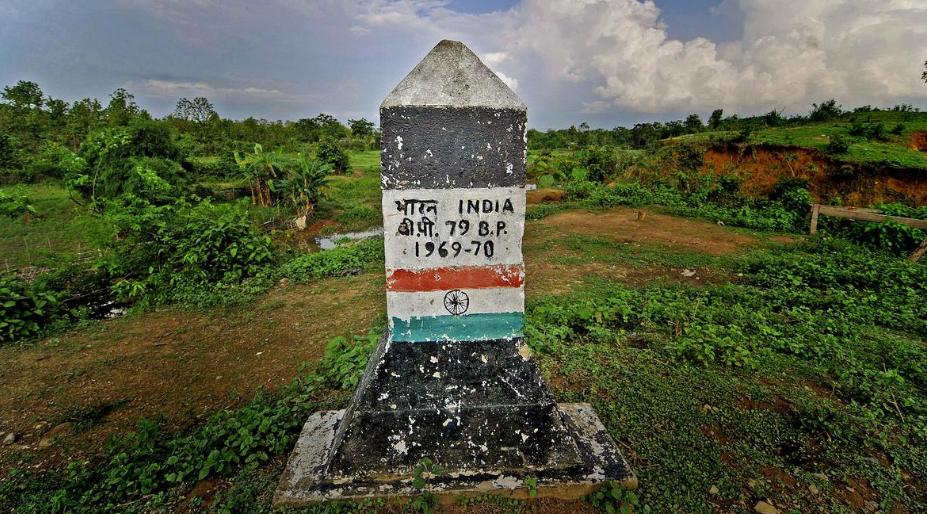
Whatsapp 93125-11015 For Details


1. Recently, the Prime Minister of India inaugurated Nalanda University's new campus in Rajgir, Bihar, 12 km from the ancient Nalanda ruins. Founded by Gupta Emperor Kumaragupta in 427 CE, the original university thrived until its destruction in 1193 by Bakhtiyar Khilji. It was a prominent center for learning, attracting scholars from across Asia. Rediscovered in the 19th century, efforts to revive Nalanda began in the early 2000s, led by former President A.P.J. Abdul Kalam and supported by East Asian nations. The modern campus, designed by B.V. Doshi, is eco-friendly and offers postgraduate programs. The ruins were declared a UNESCO World Heritage Site in 2016.
2. The Iberian lynx (Lynx pardinus), one of the world's rarest cat species, has been reclassified from 'endangered' to 'vulnerable' on the IUCN Red List. The mature lynx population has increased from 62 in 2001 to 648 in 2022, with over 2,000 lynxes, including juveniles, now in Spain and Portugal. This species belongs to the Felidae family, known for its dangerous flesh-eating mammals, and is found in southwestern Spain's eastern Sierra Morena and the coastal plains west of the lower Guadalquivir. It is protected under Appendix II of the IUCN Red List and CITES Appendix I. Major threats include poaching, road accidents, habitat loss, and climate change. The IUCN, established in 1948, is the global authority on the status of the natural world and conservation measures.
3. An Indian delegation led by the Secretary, Ministry of Labour & Employment, showcased the e-Shram portal during the 112th International Labour Conference in Geneva. The conference is the highest decision-making body of the ILO, setting international labour standards and policies annually with representatives from 187 member states. Launched in 2021, the e-Shram portal serves as a "One-Stop-Solution" for unorganised workers, creating a national database and facilitating access to various social security schemes. It integrates with the National Career Service (NCS) Portal, Skill India Digital Hub (SIDH), myScheme portal, and Pradhan Mantri Shram Yogi Mandhaan (PMSYM) scheme, with plans to include other schemes like PMJJBY, PMSBY, AB-PMJAY, and PM-SVANidhi. India’s informal labour market comprises nearly 85% of workers, with over 90% being self-employed or casual labourers.
4. The EU has extended safeguard duties until 2026, impacting India-EU trade. India's exports to Europe in FY24 reached USD 86 billion, with USD 67 billion in 2022-23. Notably, iron and steel exports to the EU increased to USD 6.64 billion in 2023-24. In 2020, the US and EU imposed countervailing duties (CVDs) on certain Indian exports to counteract government subsidies. In response, India's commerce ministry is verifying tax refunds under the RoDTEP scheme to prevent CVDs. The RoDTEP Scheme, launched in January 2021, aims to boost exports by reducing tax burdens, replacing the MEIS program. It supports various sectors, including engineering and textiles, with a current budget of Rs 15,070 crore, set to increase by 10% in FY 2024-25.
5. The Global Initiative on Digital Health (GIDH), managed by the WHO, supports national digital health transformation through a network of organizations and government agencies. Launched during India’s G20 Presidency in August 2023 and formally established in February 2024, GIDH aims to assess and prioritize digital health needs and match resources with unfunded priorities. Its components include the Country Needs Tracker, Country Resource Portal, Transformation Toolbox, and Knowledge Exchange. Despite the DEA not approving India's USD 10-million contribution, GIDH follows similar initiatives like Indonesia’s USD 50-million contribution to the PPR FIF during its G20 Presidency. Digital healthcare encompasses technologies such as mHealth, telehealth, and wearable devices to enhance accessibility and affordability. India's Ayushman Bharat Digital Mission, launched in September 2021, aims to create digital health IDs for seamless electronic health records, implemented by the National Health Authority in six pilot states and UTs.